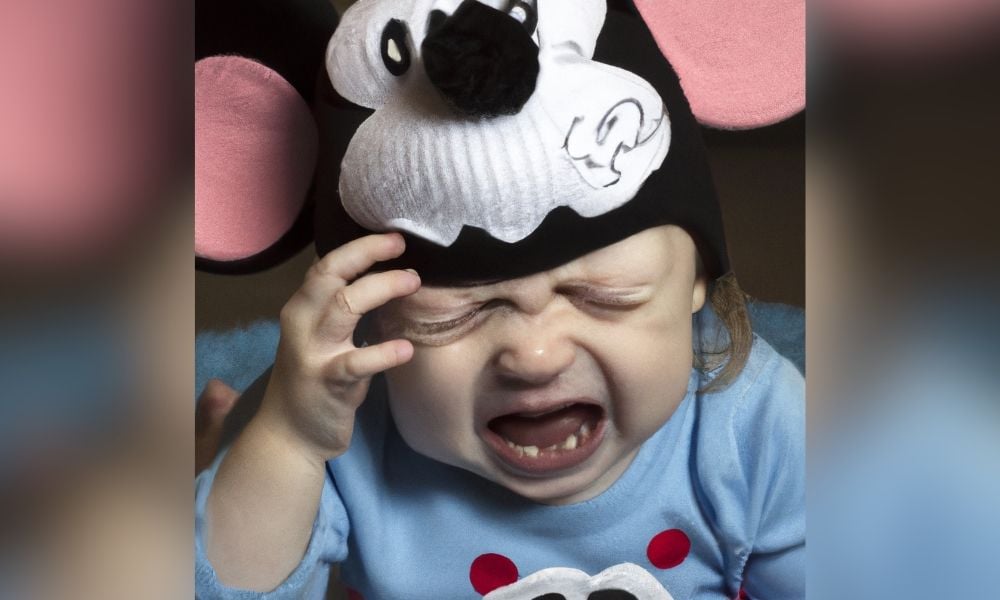
The Magic Kingdom becomes a little less, well, magic

Walt Disney Co. has officially commenced the first round of job cuts, marking the beginning of a massive cost-saving initiative that aims to cut 7,000 jobs. The decision was announced back in February as part of a $5.5 billion savings drive.
In a move that is bound to create uncertainty among employees, a memo sent by CEO Bob Iger to employees says that the first batch of employees will receive their notice over the next four days.
One of the high profile divisions that is going to be hardest hit will be the company’s Metaverse division. Headed by Mike White, the division had been tasked with developing Disney’s next-gen storytelling abilities.
The previous CEO Bob Chapek described the division as ““the next great storytelling frontier.”
The move comes as the world's largest entertainment company grapples with declining financial performance. Iger, who returned to the company in November, has outlined a number of measures to boost profits. Among these measures is a plan to streamline the company's streaming TV businesses, which posted losses exceeding $1 billion in the quarter ending in December.
The layoffs are expected to take place in multiple rounds, with the second, larger wave slated for April and the remainder to be notified before summer. The move is expected to have a significant impact on the company's workforce, and its effects are likely to reverberate across the entertainment industry.
The company is undergoing a major structural overhaul, with Iger dismantling the organization's existing hierarchical structure. Previously, distribution executives had held sway over the company's TV and movie businesses, but Iger is now giving more authority to creative leaders such as Dana Walden, who oversees the TV business, and Alan Bergman, who heads the film studios.
The first wave of job cuts under this new structure has already begun, with two senior vice presidents who led production at Hulu and the Freeform network being let go. Their duties will be consolidated into another area of the TV division. Additionally, the unit responsible for licensing books, podcasts, and other stories for TV shows has been dissolved.
It's expected that the cuts will impact all parts of the company, including theme parks and ESPN sports networks. As of October 1st, Disney had approximately 220,000 employees worldwide, with roughly 25% of those being part-time or seasonal workers. The full extent of the job cuts is not yet known, but it's clear that the company is making significant changes in an effort to boost profitability and adapt to changing market conditions.
The company is one of the largest and most successful media and entertainment companies in the world, with a history that spans nearly a century.
The company was founded in 1923 by Walt Disney and his brother Roy Disney, and initially produced animated shorts and feature-length films. One of its early hits was the 1928 cartoon "Steamboat Willie," which introduced the world to Mickey Mouse.
In the 1930s, Disney expanded into merchandising, and Mickey Mouse became a pop culture icon. The company also began producing animated classics such as "Snow White and the Seven Dwarfs," "Pinocchio," and "Fantasia."
In the 1950s and 1960s, Disney expanded into television, with shows like "The Mickey Mouse Club" and "Walt Disney's Wonderful World of Color." The company also opened its first theme park, Disneyland, in 1955.
In the 1980s, the company faced financial difficulties and was targeted for a hostile takeover by corporate raider Saul Steinberg. Disney executives, including CEO Michael Eisner and president Frank Wells, mounted a successful defense and revitalized the company with hits like "The Little Mermaid" and "Beauty and the Beast."
In the 1990s, Disney continued to expand, opening new theme parks and acquiring other media companies like ABC and ESPN. The company also began producing live-action films and TV shows, as well as computer-animated movies like "Toy Story."
In the 2000s, Disney faced a new wave of challenges, including declining attendance at its theme parks after the September 11 attacks and the rise of digital media. The company responded with a renewed focus on creative excellence, producing hits like "Pirates of the Caribbean" and acquiring companies like Pixar and Marvel.
Disney’s top ten grossing movies
This list only includes movies produced directly by the Walt Disney Company and does not include movies produced by companies that Disney has acquired, such as Pixar, Marvel, or Lucasfilm.